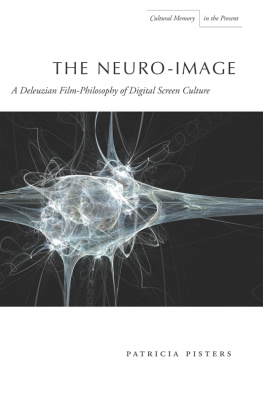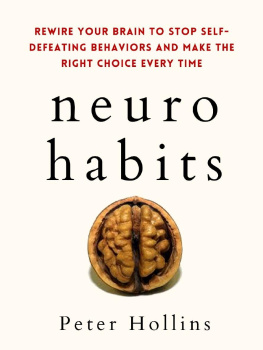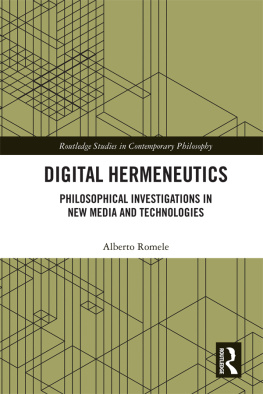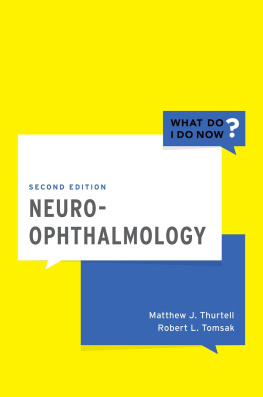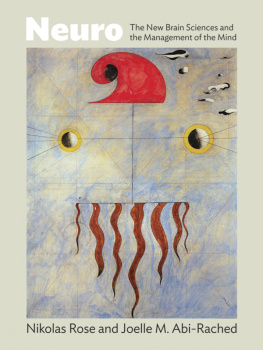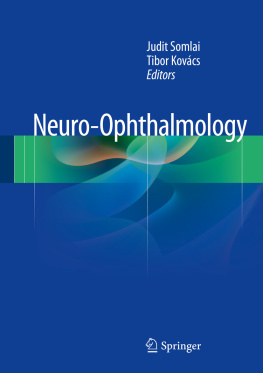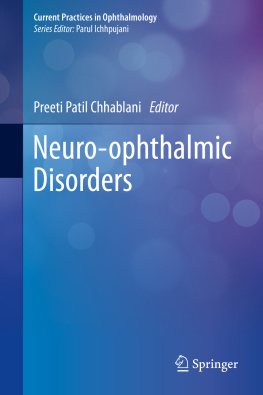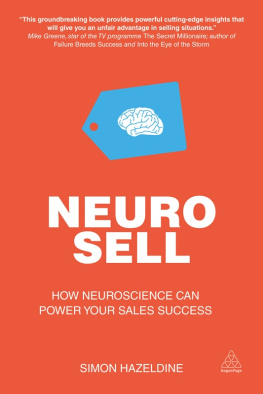C ultural Memory in the Present
Mieke Bal and Hent de Vries, Editors
THE NEURO-IMAGE
A Deleuzian Film-Philosophy of Digital Screen Culture
Patricia Pisters
STANFORD UNIVERSITY PRESS
STANFORD, CALIFORNIA
Stanford University Press
Stanford, California
2012 by the Board of Trustees of the Leland Stanford Junior University.
All rights reserved.
No part of this book may be reproduced or transmitted in any form or by any means, electronic or mechanical, including photocopying and recording, or in any information storage or retrieval system without the prior written permission of Stanford University Press.
This publication was supported by the Internationales Kolleg fur Kulturtech-nikforschung und Medienphilosophie of the Bauhaus-Universitt Weimar with funds from the German Federal Ministry of Education and Research. IKKM BOOKS. Volume An overview of the whole series can be found at www.ikkmweimar.de/schriften.
Printed in the United States of America on acid-free, archival-quality paper
Library of Congress Cataloging-in-Publication Data
Pisters, Patricia, author.
The neuro-image : a Deleuzian film-philosophy of digital screen culture / Patricia Pisters.
pages cm. (Cultural memory in the present)
Includes bibliographical references and index.
ISBN 978-0-8047-8135-0 (cloth : alk. paper)
ISBN 978-0-8047-8136-7 (pbk : alk. paper)
ISBN 978-0-8047-8284-5 (e-book)
1. Motion picturesPsychological aspects. 2. Motion picturesPhilosophy 3. Motion picturesHistory21st century. 4. Digital mediaPsychological aspects. 5. Digital mediaPhilosophy. 6. Neurosciences and motion pictures. 7. Deleuze, Gilles, 19251995. I. Title. II. Series: Cultural memory in the present.
PN1995.P534 2012
791.4301dc23
2011045585
Contents
Acknowledgments
Without the invitation of the Internationales Kolleg fr Kulturtech-nikforschung und Medienphilosophie (IKKM) to come to Germany for a research fellowship, I would not have been able to write this book. I would like to express my deep gratitude to Lorenz Engell and Bernhard Siegert for having given me the opportunity to work in the calm and inspiring surroundings of Weimar and the Bauhaus University. The generosity and academic trust on the basis of which IKKM operates was invaluable. My thanks go also to IKKMs staff members, who always assisted whenever necessary. In presenting parts of the work during lectures and seminars, I have benefited greatly from the questions of and conversations with my cofellows David Rodowick, Erich Hrl, Tom Gunning, and especially Eric Alliez. It goes without saying that the shortcomings in this book are entirely mine, but the critical and engaged readings of others have helped me shape and sharpen my thoughts. Therefore, I sincerely thank James Williams, who had the generosity to read and comment on early versions of the chapters. Im also much obliged to Stephen Zepke, John Protevi, Aluizio Cruz, Quelita Moreno, Julia Noordegraaf, Gregg Lambert, Paul Patton, and Steven Shaviro, who gave valuable advice on (parts of) the manuscript. Rachel OReilly and Tim Yaczo have offered much-appreciated editorial assistance. The preparation of this book is also connected to the organization of the International Deleuze Studies Conference in Amsterdam during the summer of 2010 . This conference could not have been realized without the tremendous commitment of Maryn Wilkinson, Daisy van de Zande, Flora Lysen, Amir Vodka, Eloe Kingma, and many students and volunteers. Working with Rosi Braidotti was and is a continuing pleasure. In connection to the summer camp that preceded the conference, I would also like to thank Ian Buchanan, Gregory Flaxman, Elena del Rio, Eleanor Kaufman, Joshua Ramey, and all participants who made it an inspiring event. Others have helped this book with feedback and friendship over the years. Many thanks to Laura Marks, Felicity Colman, Nir Kedem, Patricia MacCormack, Amy Herzog, Wanda Strauven, Sudeep Dasupta, Kaouthar Darmoni, and David Martin-Jones. I am also grateful to Emily-Jane Cohen at Stanford University Press for her patience with my persistence, to Tim Roberts and Joe Abbott for their editorial advice, and to Mieke Bal for her support at crucial moments. I would like to acknowledge my colleagues at the Department of Media Studies at the University of Amsterdam for fostering a creative and stimulating environment. The continuing growth of the department presents many challenges, but to be part of such a dynamic and inspiring group of scholars in a rapidly changing and evolving field remains a true pleasure. Jobien Kuiper, Doetsje de Groot, and Jaap Kooijman make managing in turbulent times much easier. Jos van Dijck and Frank van Vree are always supportive, with wise and insightful advice. It is impossible to mention all staff members, but I feel privileged to work with each and every one, as well as with my students, PhD students and the members of the film-philosophy seminar I co-organize with Josef Frchtl and Christoph Lindner. When I first ventured into the field of neuroscience, the positive responses of Raymond van Ee and Frans Verstraten were of great importance. I want to thank my friends and family for their companionship and sharing of both tough and cheerful times. Without my mother, who always helps whenever needed, this book would have taken much longer to write. Last, but not least, I am greatly thankful to Gertjan for his enduring love and support, and to Rocco for having had the courage to come to Weimar with me, learn English, and begin his own international adventure. Although the neuro-image is based on a concept of the future, I have written this book in memory of my father and his great love for science fiction.
Introduction
SCHIZOANALYSIS, DIGITAL SCREENS, AND NEW BRAIN CIRCUITS
The film Michael Clayton (Tony Gilroy, 2007 ) opens with a delirious monologue. We see first the lights, windows, and screens of New York City by night; then the camera moves slowly to an inside view of one of many office buildings, as a voice, later identified as Arthur Edens (Tom Wilkinson), speaks of a moment of clarity he experienced while exiting the vast and powerful law firm for which he works. The time is now, he stutters, signaling his having been reborn away from his career at the firm, which excrete[s] poison into humanity. He has been defending a company called U/North from a three billion dollar class action lawsuit for biopollution. During a meeting with the victims of U/North, Edens snaps. His encounter with one particular young female victim, Anna (Merritt Wever), who lost her parents to U/North soil pollution, flicks a kind of synaptic switch in his mind. His ordinary way of thinkingin support of the multinationals he is supposed to defendabruptly changes, and he begins to see things anew. He stops taking his medication for manic depression, and his own mad revolution against his habituated behavior is finally enabled to foment. As a protest on behalf of the victims whose claims he is supposed to ignore, he undresses in the middle of a U/ North hearing, embarrassing both his own firm and U/North. His friend Michael Clayton (George Clooney), who is the law firms fixer, is called in to talk Edens back into medication and normative professional behavior. Edens refuses. In a key scene in the middle of the film we see Edens in the center of a New York City street, traffic assaulting him from all sides and, more important, hundreds of city screens surrounding him, with ads for TV on your phone and food technology for U/North. While the camera circles Edens, showing the vortical stream of images, lights, and sounds that surround him, he remains frozen. In the midst of all this insanity we watch as Edens realizes something in this moment (flagged by the opening monologue): that the time (to change) is now.
Next page
